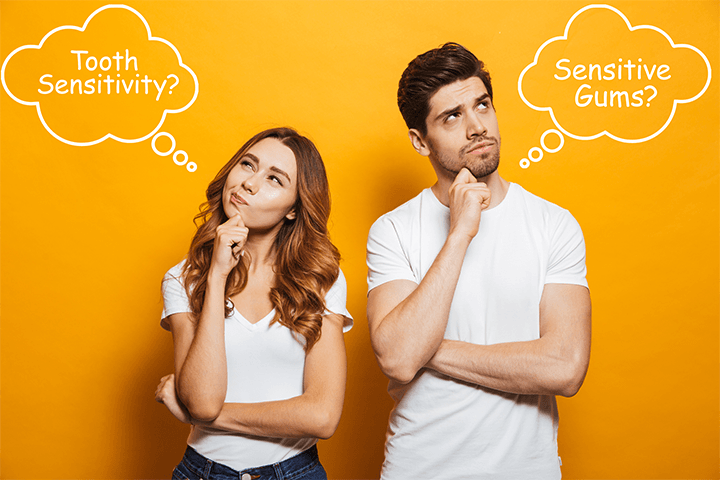When you consume excess alcohol regularly, you increase your risk of dental problems. Consuming less alcohol as part of a healthier lifestyle, plus regular visits to the dentist can help prevent these oral health issues.
Key takeaways:
- Alcohol can be very acidic which erodes tooth enamel, even more so if you do not regularly brush your teeth.
- The dehydrating effects of alcohol means less saliva and affects the protection of the enamel of your teeth.
- Excessive alcohol consumption increases the risk of developing oral cancer.
“Drinkers also tend to have more plaque in their oral cavities, which can accumulate around the gums to cause the irritation and infection characteristic of gum disease. In people who have existing gum disease, drinking can make the condition worse!”
See your dentist twice a year to get an oral exam and cleanings that will help prevent complications.
Read the full story here
https://yourdentalhealthresource.com/is-alcohol-bad-for-your-dental-health/









